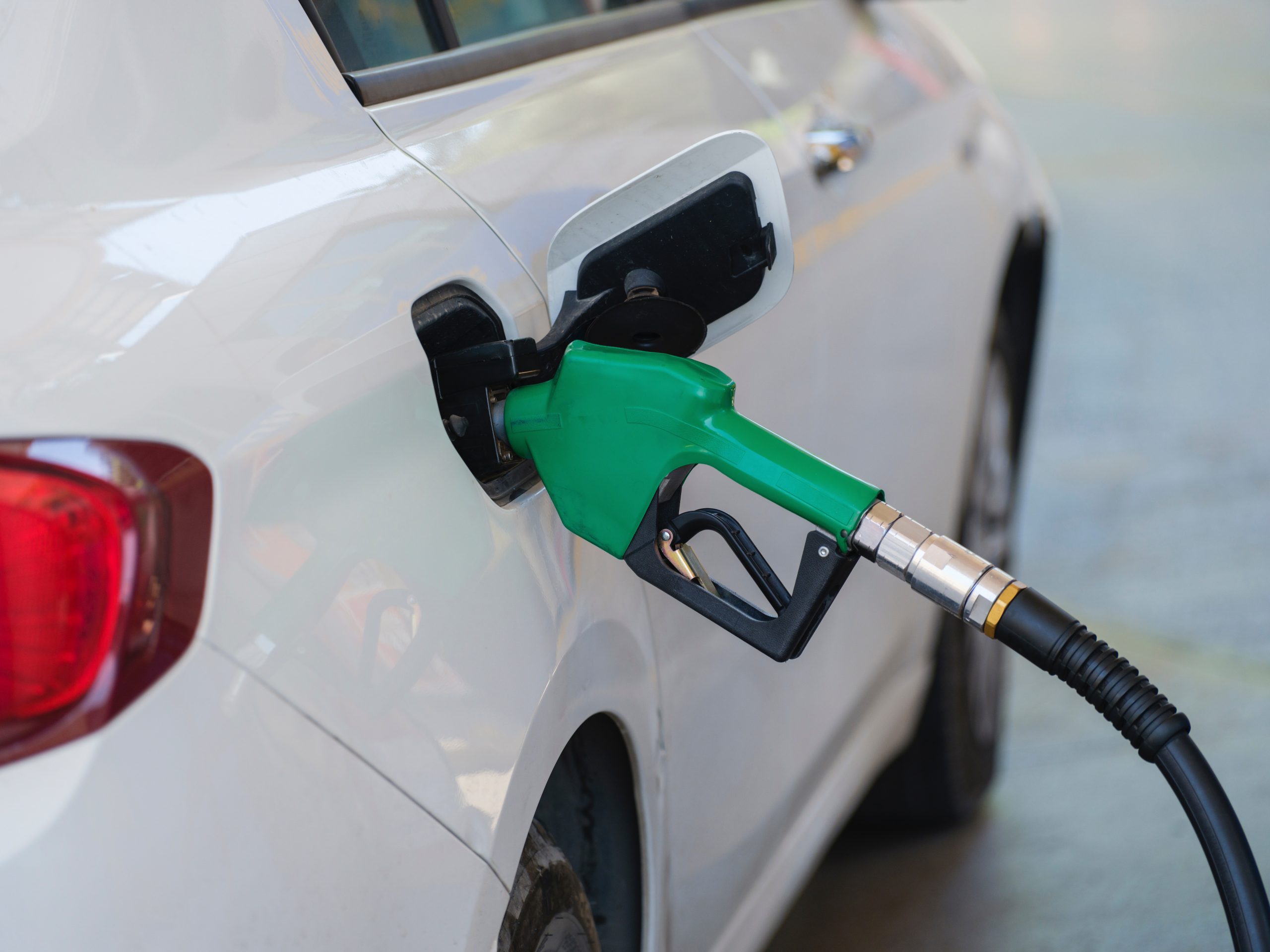According to a recent research by the National Institute of Development Administration, most individuals are concerned about the growing costs at gas stations. Nearly 93 percent of those surveyed said they made less than their monthly expenses or were, at best, breaking even. The poll also showed that the majority of people were earning less than their monthly expenses. The respondents came from all around the nation and represented a range of jobs, educational attainment levels, and socioeconomic statuses. 1 312 respondents were telephoned by the NIDA poll over the past five days, from July 6 to 8. Despite a significant drop in gas prices in recent days, individuals in Thailand’s current economic climate are more worried about oil prices than they are about other necessities like food, electricity, and rent. More than 90% of individuals, according to a recent poll, do not make enough money to cover their bills. Of all the costs people are struggling with in the current economy, oil prices are the one that people think has the biggest impact on their everyday life. The results of the poll’s two main questions are broken down in the table below.
How do your monthly spending and income differ from one another?
• 60.06 percent reported struggling because their income was insufficient to cover their costs.
• 32.62 percent reported that their income and expenses were roughly equal and that they were breaking even.
• 7.32 percent reported that they were doing well and had more revenue than expenses.
Which expense in the current economic climate has you the most affected?
• Oil prices, 32.73 percent
Daily expenses include: 25.79 percent for food; 13.47 percent for electricity; 6.10 percent for cooking gas; 3.36 percent for car payments; 3.18 percent for water; 2.79 percent for house payments; 2.32 percent for children’s textbooks; 1.79 percent for house rentals; 1.56 percent for none; and 1.50 percent for public transportation.
Miscellaneous expenses not covered in the aforementioned alternatives were indicated by an additional 3.05 percent of respondents to the NIDA Poll. Some of the costs they listed are as follows: • Informal loan repayments • Drug and medical supply costs • Cell phone costs
• Internet fees.
Cable TV and clothing
Finally, 0.04 percent of those surveyed said they were either uninterested in or did not have an answer for the topic.

Survey says, 92 percent of people don’t make enough money to cover their bills; the main reason is the price of oil
More from ThailandMore posts in Thailand »
- Interpol-Listed Xian Arrested in Pattaya Linked to Call-Centre Scam
- Pattaya Grassland Fire in Khao Talo: 10+ Rai Burned, Arson Probe Underway
- Kedsara Chanthanarot Missing After Pink Taxi — Alleged Abuse & Secret Marriage
- Bangkok Pet Microchipping Delayed to 2027 — Governor Chadchart Sittipunt
- Chainarong Killed in Phitsanulok House Wall Collapse
- Thailand News Roundup: Mutated H3N2 Surge, Phuket Viral Stunt & Harbin Snow-Sculpture Win
- Top 20 Cannabis Shops: Where to Buy Weed in Nakhon Pathom Vol 1, 2024
- Top 20 Cannabis Shops: Where to Buy Weed in Krabi Vol 1, 2024
- Bangkok shooting at Nida-Seri Thai Intersection: three injured in student clash
- Bangkok City Pillar Shrine: ISOC Cracks Down on Rogue Flower Vendors
- Ban Rai Yong Star Fiddler Crabs: Colourful Mangrove Spectacle in Trang
- Top 20 Cannabis Shops: Where to Buy Weed in Phetchabun Vol 1, 2024

















Be First to Comment